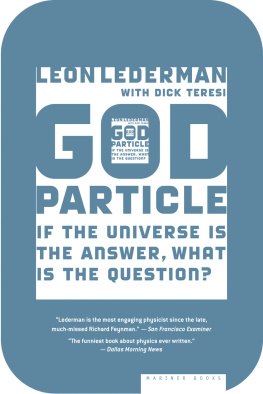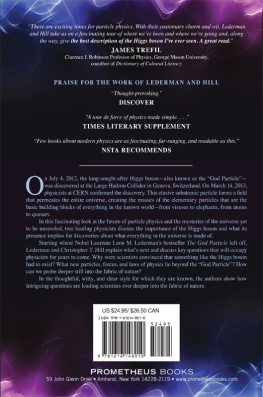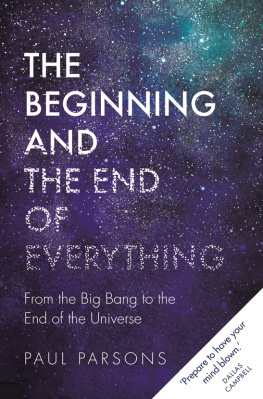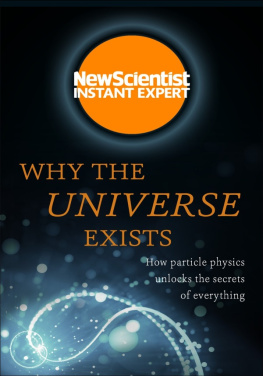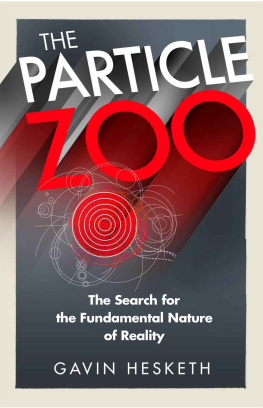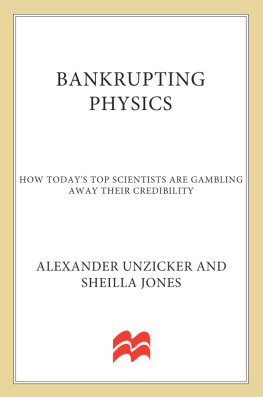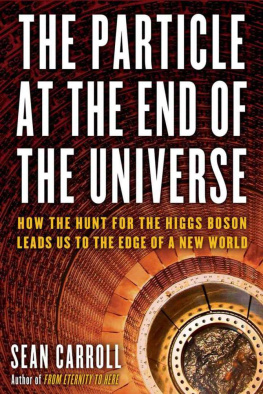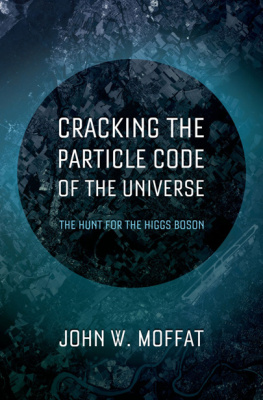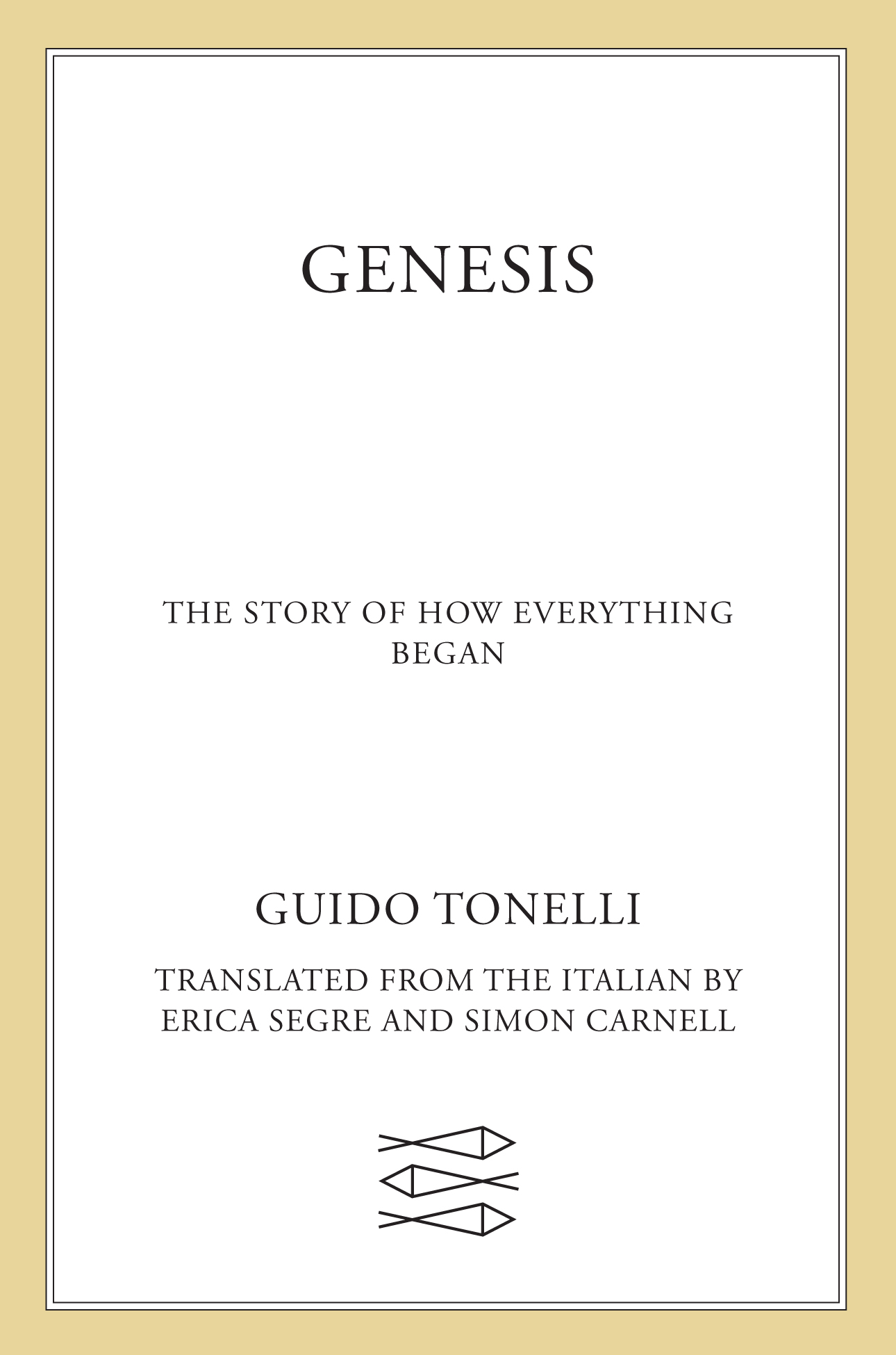The author and publisher have provided this e-book to you for your personal use only. You may not make this e-book publicly available in any way. Copyright infringement is against the law. If you believe the copy of this e-book you are reading infringes on the authors copyright, please notify the publisher at: us.macmillanusa.com/piracy.
We need poetry, desperately.
All sorrows can be borne if you put them into a story, or tell a story about them.
To be rooted is perhaps the most important and least recognised of the needs of the human soul.
Forty thousand years ago, when the second wave of Homo sapiens arrived from Africa, many areas of Europe were already populated by Neanderthals. Organised into small clans, they lived in caves that today provide unequivocal proof of a complex symbolic universe: walls painted with symbols and drawings of animals, bodies buried in foetal positions, bones and large stalactites arranged in ritual circles; plentiful evidence, in other words, of a culture that had in all probability also developed a sophisticated spoken language.
It is possible, then, to imagine hearing a story of the origins of the world already resounding in those caves, the elders transmitting it to the young through the power of words and the magic of memory: the echo of an ancient narrative. It would be thousands of generations before Hesiod (or whomever we know by that name) left us, in his Theogony, a written account of how our universe came into being, woven from poetry and cosmology.
This ancient origin story continues to evolve to this day, thanks now to the language of science. Equations might lack the evocative power of poetry, but the concepts of modern cosmology a universe that was born from a fluctuation in the quantum void, or from cosmic inflation can still take our breath away.
All such stories spring from one simple, inescapable question: Where does all this come from?
Its a question that still resonates in every part of the world, among people belonging to vastly different cultures. Its a point of commonality in otherwise distant civilisations; a question posed alike by children and executives, scientists and shamans, astronauts and those small, isolated populations of hunter-gatherers who survive in areas of Borneo, Africa and the Amazon. A question so primal that some have even imagined it must have been handed down to us by the species that came before.
For the Kuba of the Congo, the universe was created by the great Mbombo, the lord of a dark world who vomited up the Sun, Moon and stars in order to free himself from a terrible stomach ache. According to the Fulani of the African Sahel, it was the hero Doondari who transformed an enormous drop of milk into earth, water, iron and fire. For the Pygmies of the forests of equatorial Africa, everything came into being when a huge turtle laid its eggs while swimming in the primordial water.
At the origin of mythological narratives of this kind, there always seems to be something indistinct that most troubles us: chaos, darkness, a liquid and formless expanse, a tremendous fog, a desolate Earth until a supernatural being intervenes to shape things and bring order. This is where the great reptile comes in, the primeval egg, the hero or the creator who separates the heavens from the Earth, the Sun from the Moon, and gives life to animals and men.
The creation of order is necessary because it establishes the rules, providing the foundations of rhythms that mark the life of communities: the cycles of day and night, the changing seasons. Primitive chaos triggers an ancestral fear: the terror of falling prey to the forces unleashed by nature from ferocious beasts and earthquakes to droughts and floods. But once nature is induced to follow the rules dictated by the hero who has brought order to the world, humankind is able to survive and reproduce. The natural order is reflected in the social one, in the combination of norms and taboos that define what is allowed and what is strictly forbidden. If the tribe behaves according to the rules established by that originary pact, then this stockade of rules will protect the community and prevent its disintegration.
From such myths as this, other constructions follow. They morph into religion and philosophy, art and science disciplines that will hybridise and fertilise each other, and allow enduring civilisations to flower. Yet their interweaving breaks down when science starts to develop out of all proportion to our other speculative activities. From that moment on, the sleepy rhythm of societies, unchanged for centuries, is ruptured by a succession of discoveries that will profoundly alter the existence of untold populations. Suddenly everything changes, and continues to change, at a vertiginous pace.
The emergence of science ushers in modernity. Societies become dynamic, subject to continuous transformations; social groups enter a period of ferment, dominant classes undergo profound changes, and in the course of just a few decades the centuries-old balance of power is disrupted.
But the most profound transformations do not concern the way in which we communicate or produce wealth, our medicine or mobility. The most radical alterations are in how we look at the world, and therefore our place within it. The origin story provided by modern science very quickly acquires an unrivalled consistency and complexity. No other discipline can provide explanations that are more convincing, verifiable, coherent or consistent with regard to the myriad observations supplied by scientists.
And yet, despite the notion that we have progressively lost something of the magic and mystery that had accompanied us for millennia, the vision of the world that we have gradually developed through science is actually more amazing than anything we could have imagined before. It retells the story of our origins more imaginatively and powerfully than any mythological narrative. In order to construct this story, scientists have had to scrutinise the most hidden and minute corners of reality, and have explored the remotest worlds, coming to terms with states of matter so different from anything previously known to us as to nearly blow our minds.
From science we derive the paradigm shifts that define our epochs, and that irreversibly modify our relationships. And it is the ceaseless pressure of scientific discoveries that sets the tempo of this subterranean development, like the forces exerted upon the Earths crust by white-hot magma, sometimes breaking it apart and irreparably transforming the landscape above.
Our lives are conditioned by the story of the origins of the universe told by science: it profoundly shifts the foundations on which we will build new social arrangements, opening up vistas full of opportunities and risks, and shaping the future for coming generations.
This is why, just as in ancient Greece everyone had to know the foundation myths of the polis, the origin story that is provided by science ought to be familiar to everyone. But for this to happen, we must first overcome a considerable obstacle. We need to come to terms with the difficulty of scientific language.


